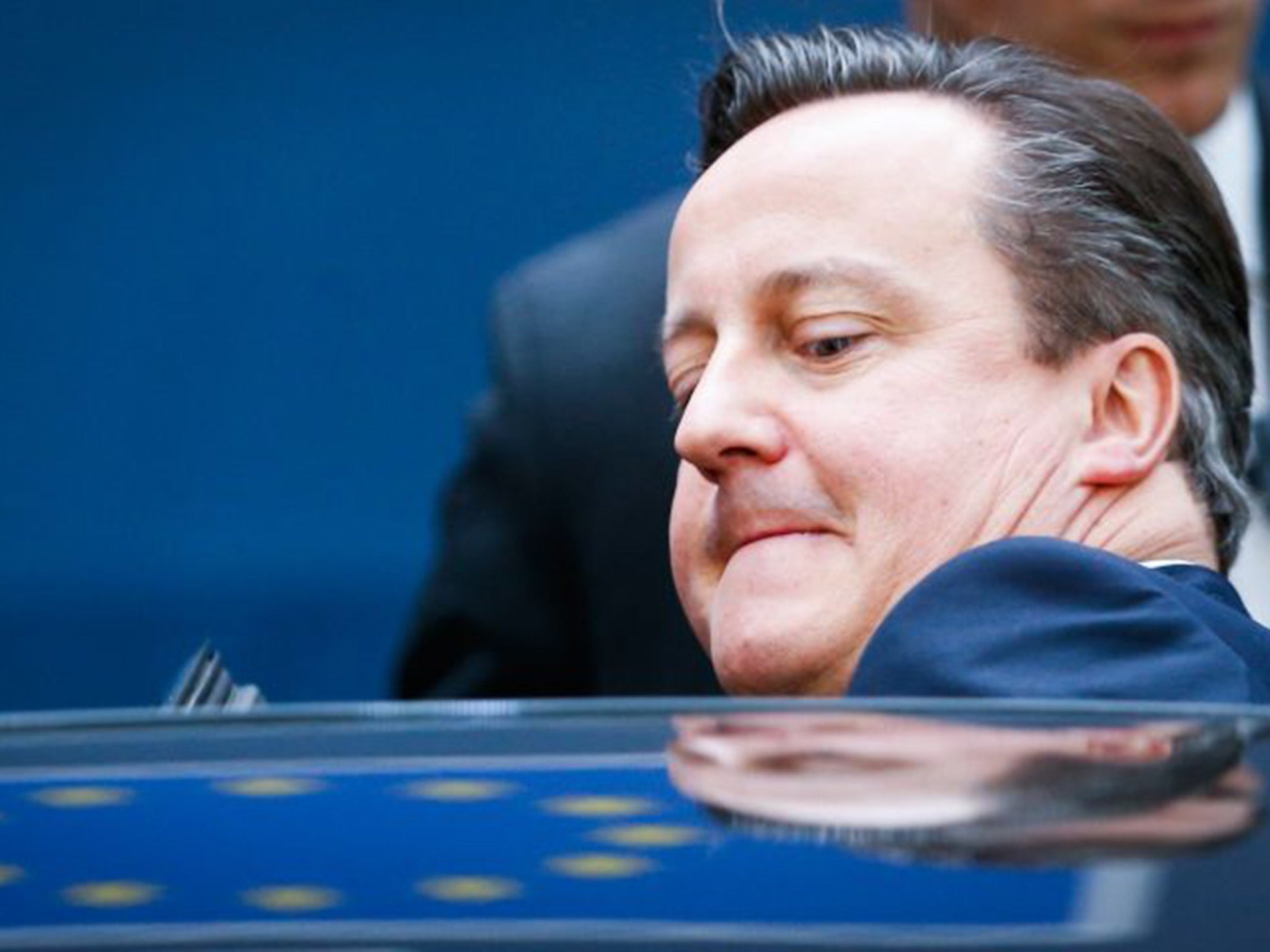EU referendum: Britain would vote to stay if asked today... but June is another matter
According to phone polls, Remain is on 63 per cent and Leave is on 37, putting the former well ahead

If the referendum were held today – rather than June as now looks likely – Britain would probably vote to stay in the European Union. But by just how much is far from clear; and what the country might do when the referendum is eventually held is even less certain.
On average, the half-dozen polls conducted this month – including today’s for this newspaper – have on average put Remain on 55 per cent and Leave on 45 per cent. But this hides a big disparity between internet and phone polls.
According to phone polls, Remain is on 63 per cent and Leave is on 37, putting the former well ahead. By contrast, internet polls put the tally at Remain 51 and Leave 49, suggesting the outcome is on a knife-edge.
Nobody can be sure which, if either, is right. At the general election, internet polls tended to give Ukip a higher vote share than phone polls did – but the gap was nothing like as big as this and, in the event, Ukip’s actual vote was between the two.
However, when it comes to who is more likely to back Remain and who is more likely to want to Leave, the polls are in agreement. The most enthusiastic backers of remaining are young graduates. Those who most want to leave are older voters with fewer qualifications.
This reflects the fact that the debate about Europe partly at least is in part a clash between cultural outlooks – those comfortable with an increasingly diverse, globalised world and those not.
Yet there is also a considerable number of voters in the middle, uncertain about which option to choose. Polls consistently find that about one in three voters say they might change their minds – depending not least on the outcome of the negotiations. Conservative supporters are especially likely to say they might change their minds. And, at the moment, they are roughly evenly divided between Leave and Remain.
If David Cameron eventually persuades most of his party that he has achieved a good deal, many a Leave-inclined Tory could well switch to Remain. That would ensure Britain as a whole votes to do so too.
However, Leave voters’ top priority for the renegotiations is to see welfare cut for EU migrants and immigration reduced. If Mr Cameron cannot convince voters he has delivered on that score – and if Boris Johnson or Theresa May come out against the deal – a majority of Tory voters could yet vote to leave. In that event, we may be faced with a very close referendum indeed.
John Curtice is professor of politics at Strathclyde University and chief commentator at NatCen’s website whatukthinks.org/eu
Subscribe to Independent Premium to bookmark this article
Want to bookmark your favourite articles and stories to read or reference later? Start your Independent Premium subscription today.

Join our commenting forum
Join thought-provoking conversations, follow other Independent readers and see their replies